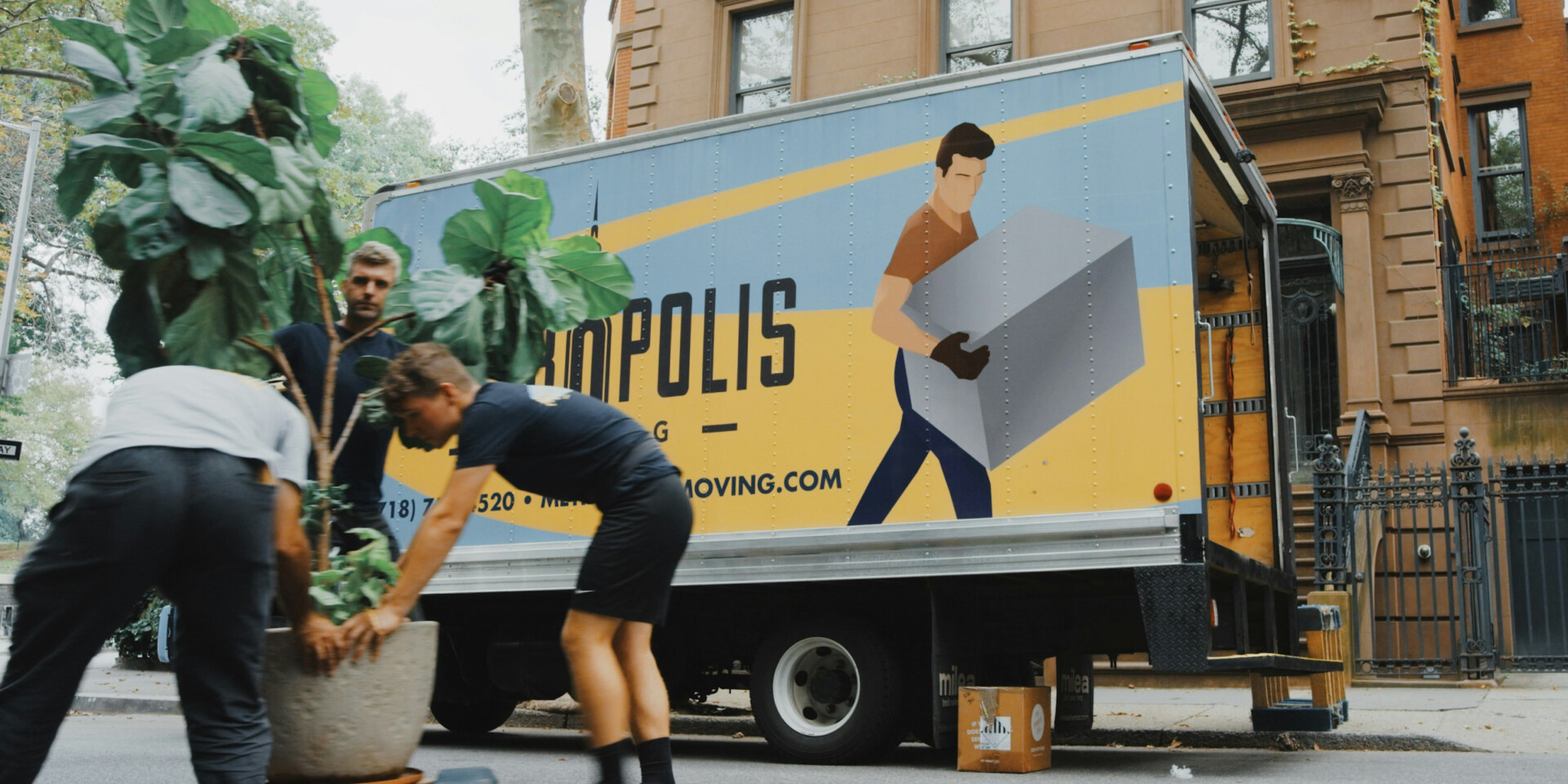How To Prep Your Apartment For Severe Weather

From hurricanes to record-breaking heatwaves, we’ve been in the trenches with severe weather hitting hard these past few years. While weather and its impacts are always unpredictable, the best way to minimize the impacts of Mother Nature’s curveballs is preparation. Read on for tips on how to prepare your apartment to weather storms, snow, and extreme temps.
SEVERE STORMS
Hurricanes
When you catch wind of incoming hurricane conditions, make sure to familiarize yourself with how they are categorized and what your evacuation routes are.
- Prep your car by filling up on gas and moving it to a spot that’s easy to access and unlikely to flood.
- Secure or bring your patio furniture inside in case of strong winds.
- Gather important documents like your license, birth certificate, insurance, vaccination records, etc., and put them in an accessible spot.
- Fill your bathtubs (or other large containers) with water. If the water supply is shut off, you’ll have some on hand for drinking, cleaning, or flushing.
- Charge your electronics and unplug them when the weather gets severe. Before severe weather is even on the radar, consider investing in a backup charge pack for your devices.
- Find a flashlight. Most apartment complexes don’t allow candles in the lease agreements, and you don’t want to drain your phone battery by using the light function.
- Have a supply of non-perishables, medications, and pet supplies on hand. Try your best not to panic and buy out the entire water (or toilet paper) section at the grocery store—having enough supplies for 3 days should be plenty in most situations.
Tornadoes
When the emergency alert goes from “tornado watch” to “tornado warning”, it’s time to act fast to ensure you and your loved ones are safe.
- Seek shelter. Reach out to your building manager or landlord to get the rundown on their tornado safety procedures. If your complex has a storm shelter on-site, familiarize yourself with where it is ahead of time so you can move quickly in an emergency.
- Stay away from windows.
- Stay informed. Keep your weather app handy for updates on the storm’s whereabouts, and keep an eye out for updates from your property manager.
Heat Waves
For Texans, summer weather often has us referring to any temps under 95 degrees as a “cold front”. Keeping your apartment comfortably cool during the hot months can be expensive if you rely on only your AC to do the heavy lifting. We recommend cutting costs and conserving energy by following these few best practices:
- Avoid using your oven
- Invest in blackout curtains. You can enjoy the natural light from your huge windows when it’s not 105 degrees outside.
- Rotate your ceiling fans counterclockwise
- Shut the doors of unused rooms
Winter Storms
While dealing with snow and freezing temps is second nature for those of us who live in cities like Denver or Chicago, the devastating winter storms in Texas in 2021 proved that it never hurts to be prepared for winter conditions, no matter where you live. When temps get sub-freezing overnight, make sure you prep your apartment by:
- Dripping your faucets throughout the night to prevent bursting or freezing.
- Opening up cabinets around sinks to allow warm air to circulate
- Don’t rely on your heater alone— if the power goes out completely or they’re doing rolling power blackouts, having enough layers on and blankets on standby will keep you reasonably warm.
- Stocking up on essentials. Panic shoveling the entire water bottle section into your cart at the grocery store is definitely not the move, but having a few days’ worth of nonperishable food, water, pet items, and medications is a good idea.
RENTERS INSURANCE AND SEVERE WEATHER
When preparing for a storm, be sure to have your renters insurance policy on hand! Most complexes require you to have insurance when you sign the lease, but if not, we strongly encourage having coverage anyway. Renters insurance can help you financially recoup lost or damaged belongings in the case of certain disasters. If damage does occur, documentation is key—take as many photos as possible and gather specific information (like model numbers) on larger ticket items for a smoother process when filing a claim.
While you’re shopping around for quotes, we recommend starting with Lemonade! Their service is super easy to use, and coverage can be as low as $5/mo in some cases. Get your quote from Lemonade here.
As a renter, there can be a gray area between what you’re responsible for and what the property covers when it comes to emergency preparations. Each complex will usually have specific directions and emergency procedures, so be sure to look over your lease agreement and ask your property manager if you have questions about the protocols in place.
Most importantly, stay safe out there!







